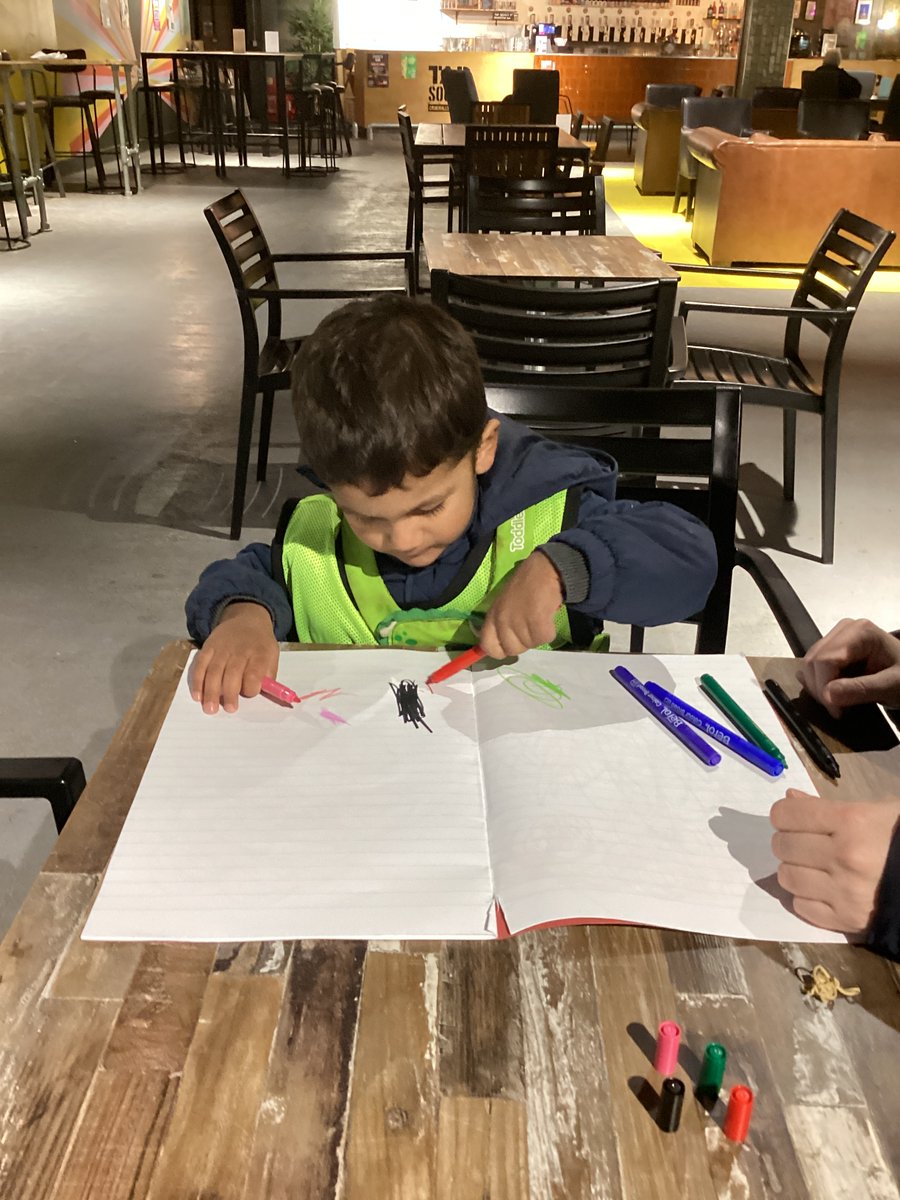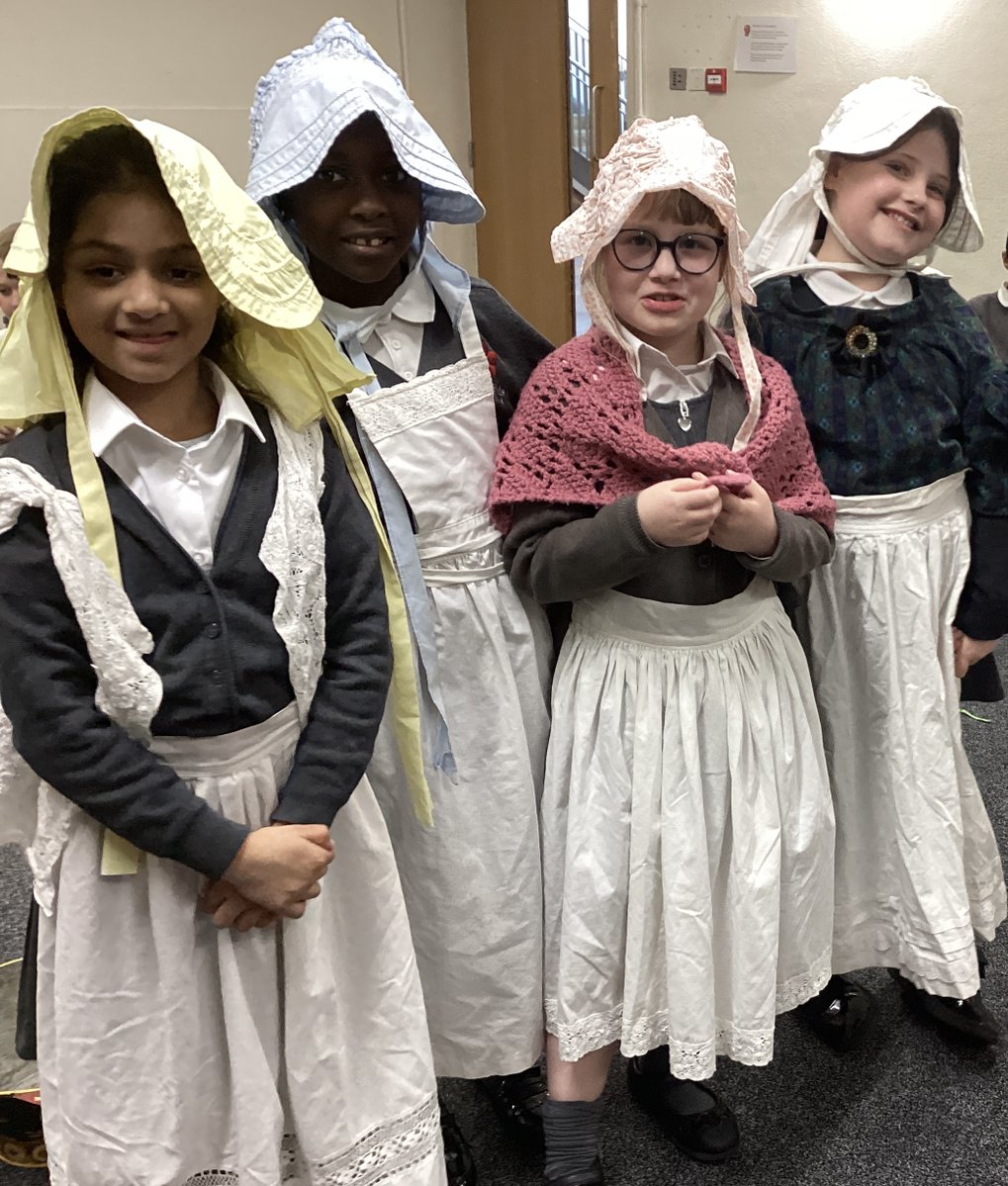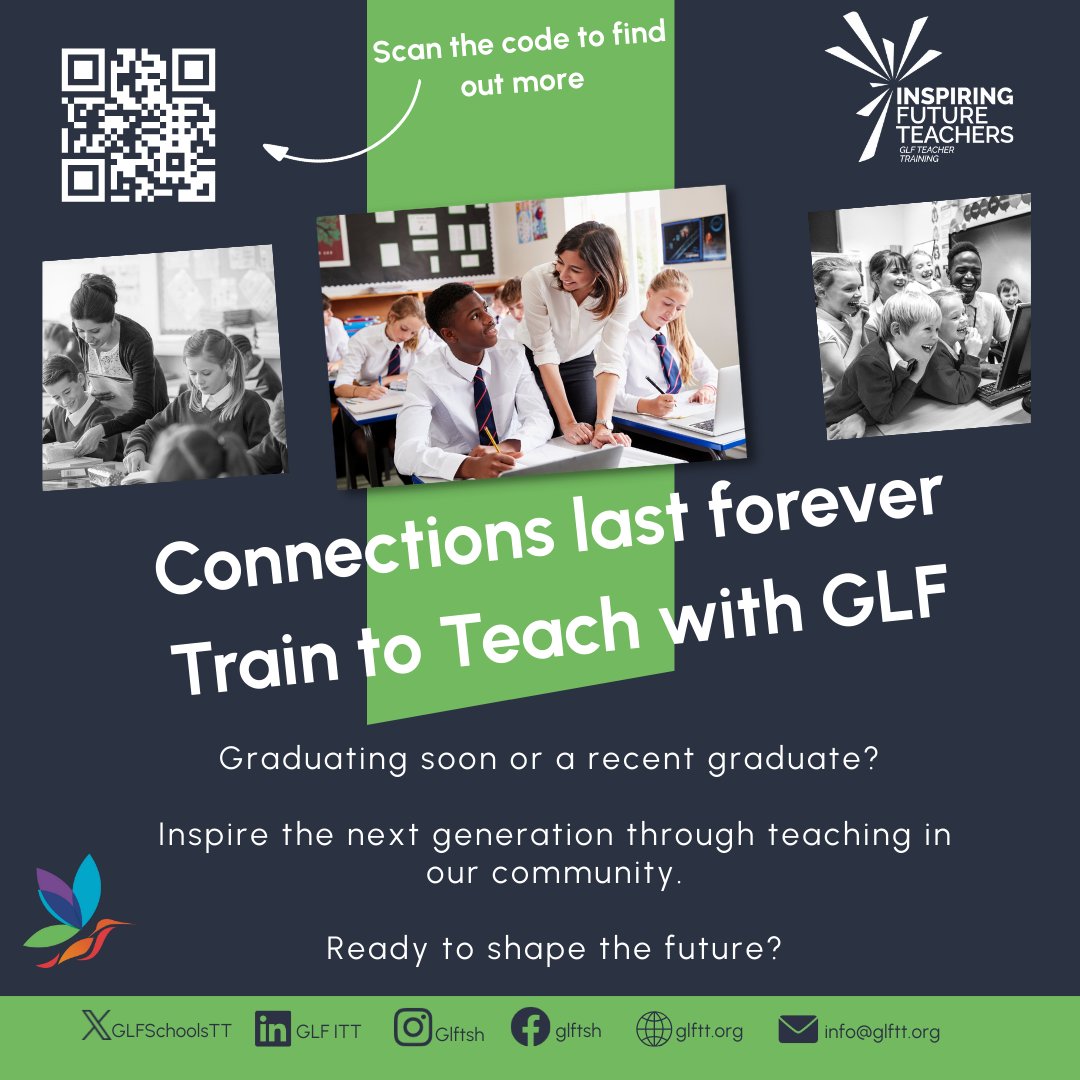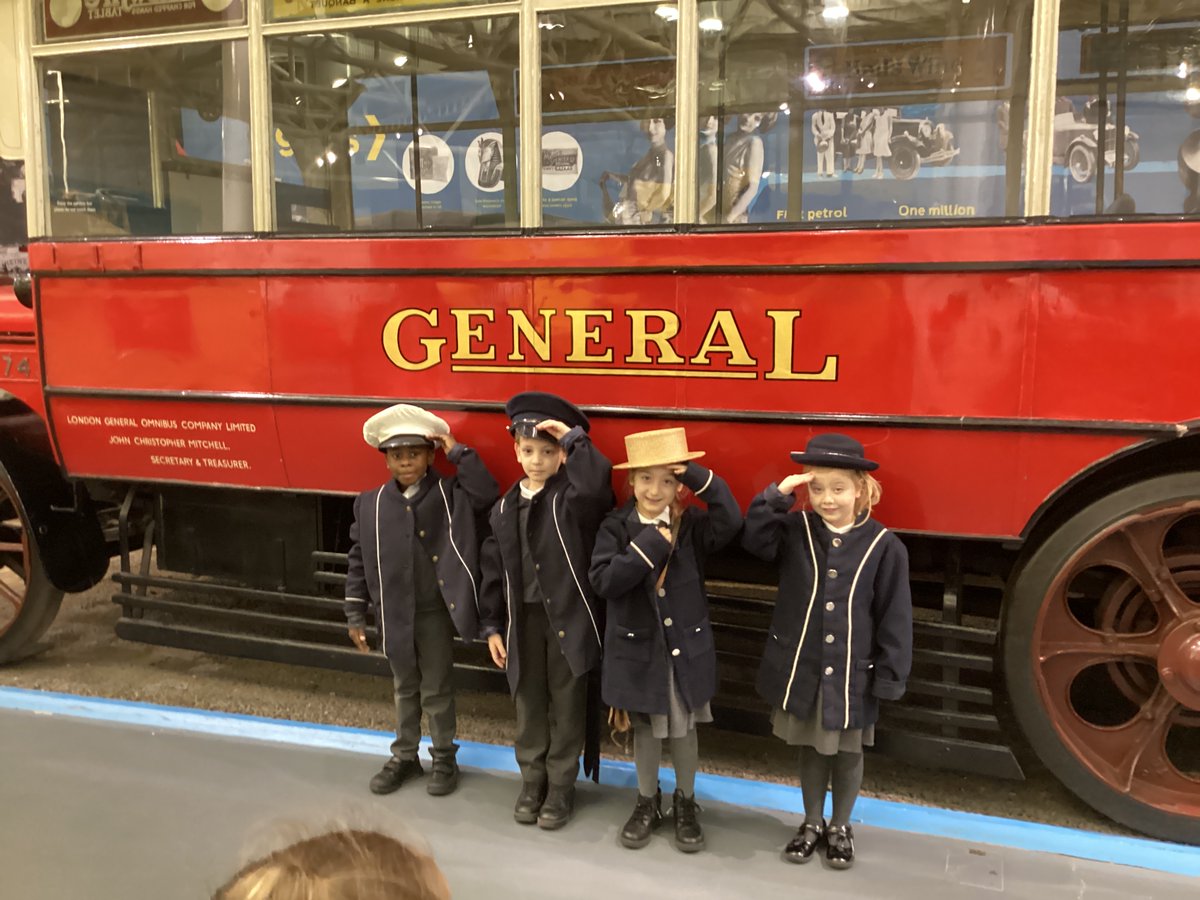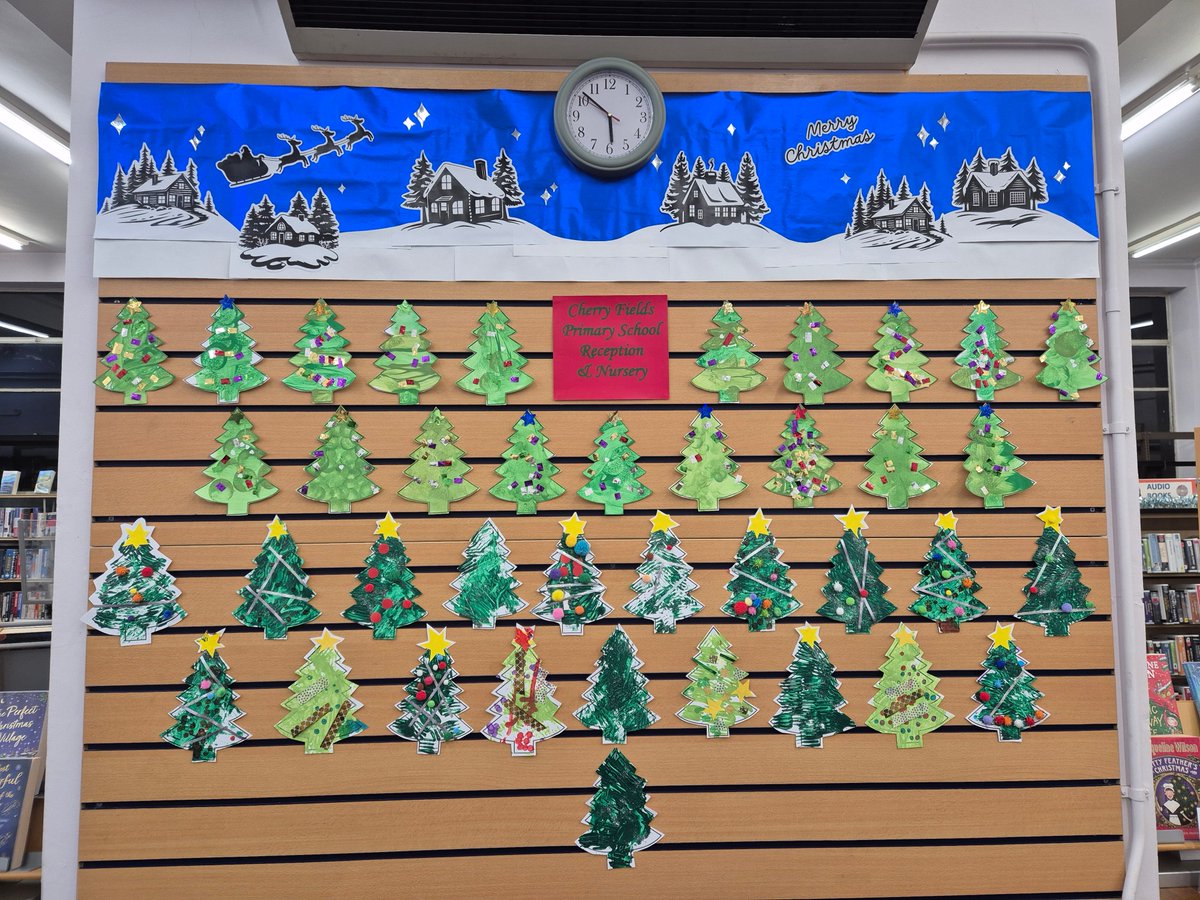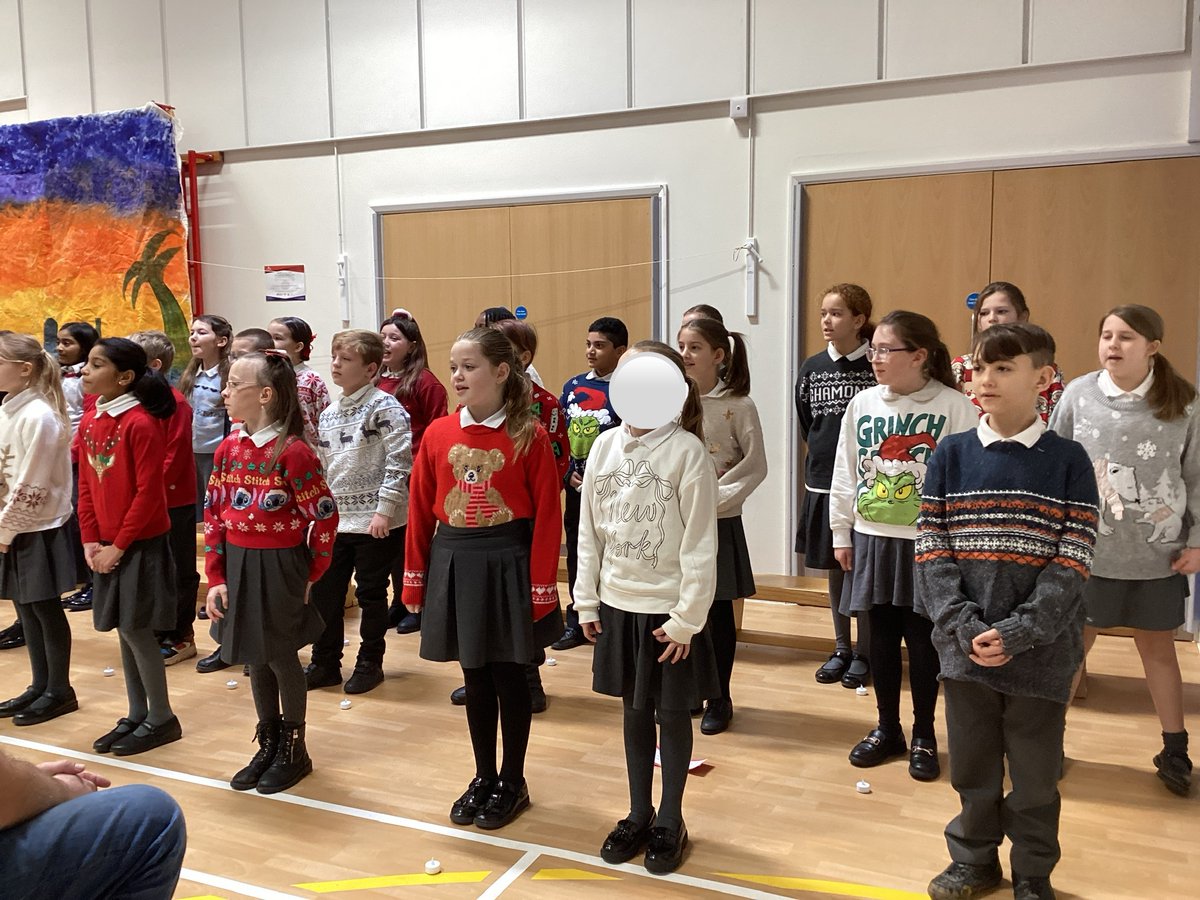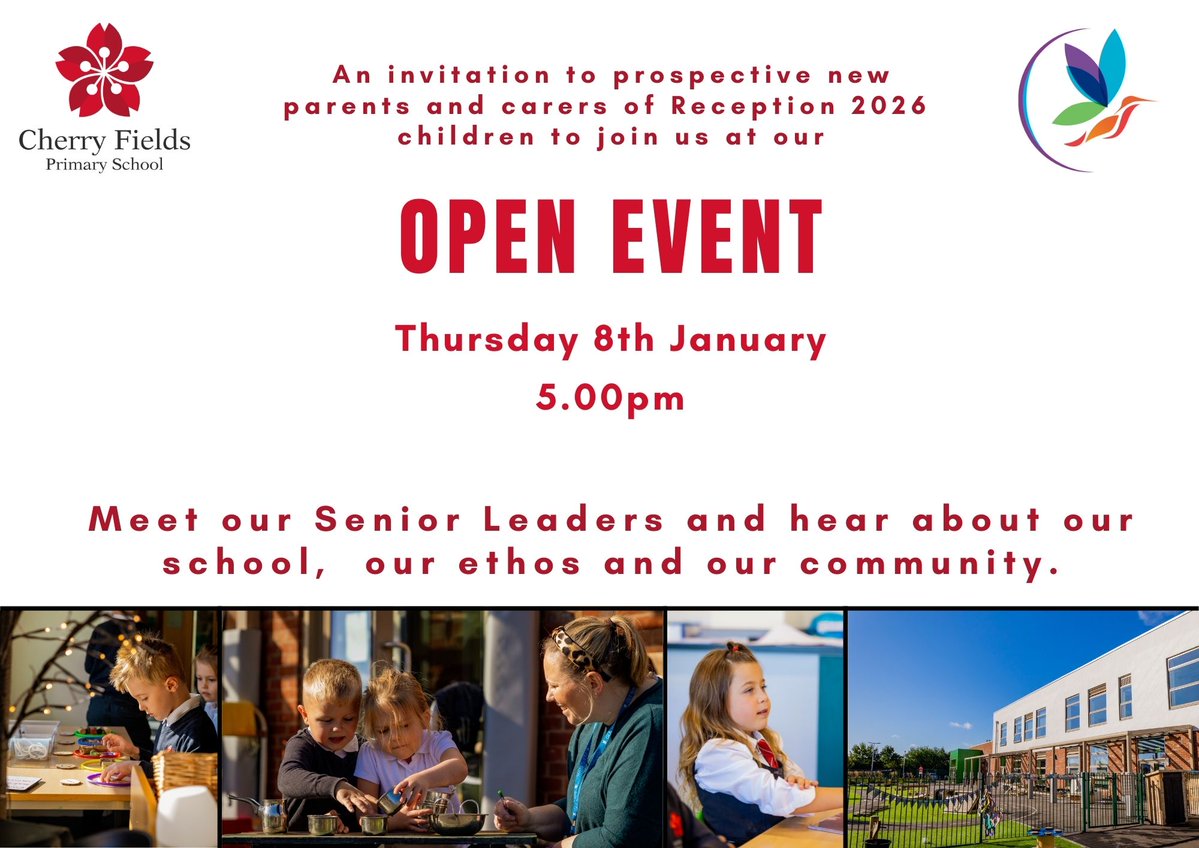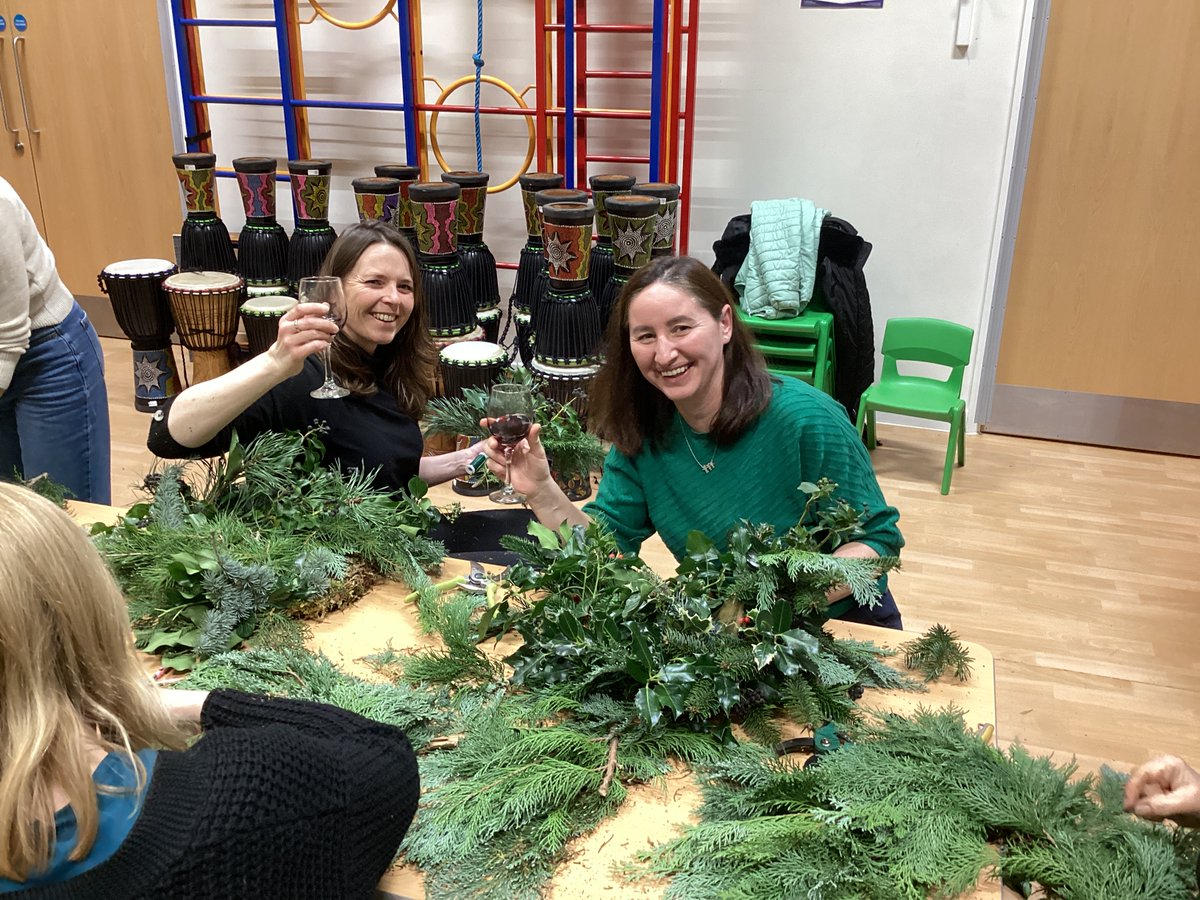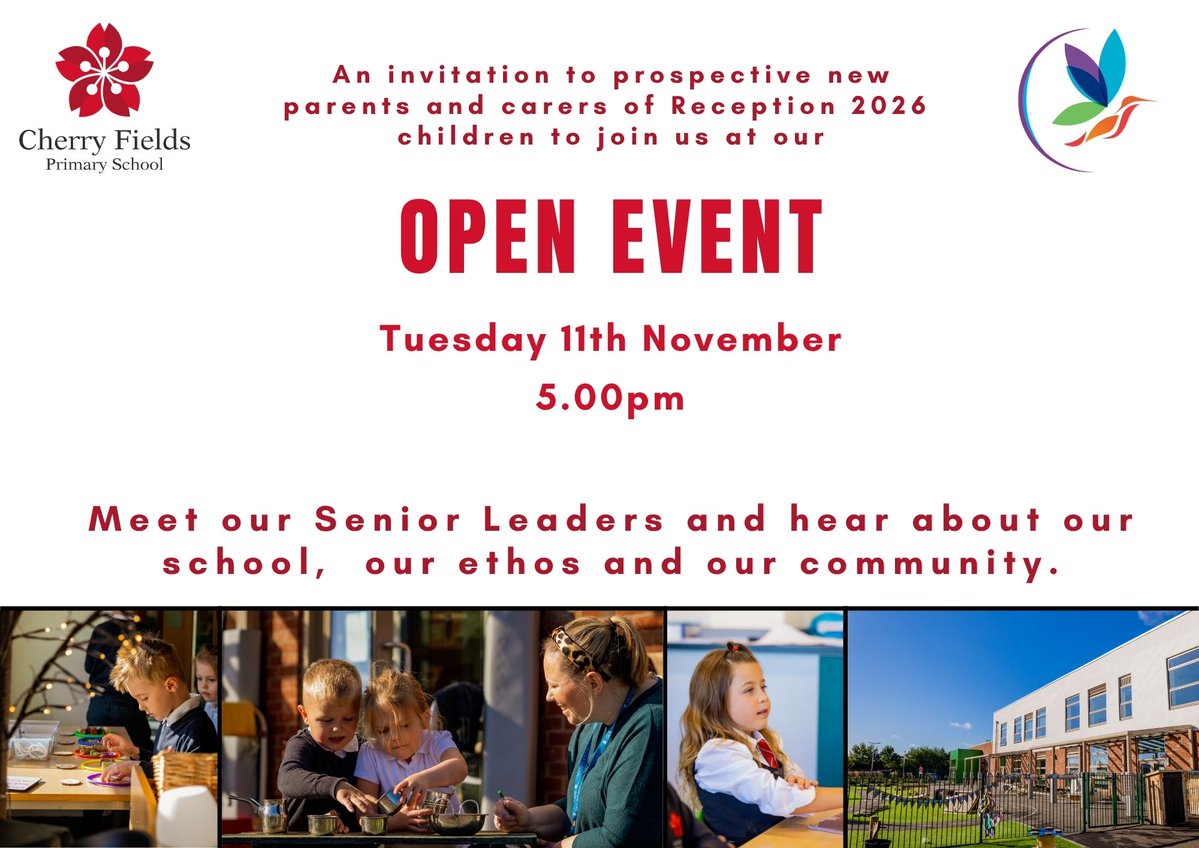Science
Oxfordshire is home to 31,000 businesses providing around 358,200 jobs and is part of the UK’s ‘Golden Triangle’. This area is defined by the University of Oxford, the University of Cambridge, and universities based in London. The universities within the ‘Golden Triangle’ together have a combined annual research income of over £1.4bn. Powered by cutting-edge research and highly qualified labour, Oxfordshire has developed biomedical, medical and technology clusters of global significance. The population of Oxfordshire is just 687,466, yet the county has a gross value added (GVA) of £23 billion per annum and is one of only three net contributors to the UK government. It is vital that we prepare our children to contribute towards these local industries and the economy.
Each term a different element of STEAM is launched to the entire school and classes are set a challenge. Purpose is created through celebration events where STEAM work is showcased to parents and the local community at the end of term ‘STEAM Showcase Event’. Children are taught directly and specifically how to narrate their project journey and then present this to their classmates every term. Vocabulary, speech techniques and confidence are all developed as a result.
|
Autumn 1 |
Autumn 2 |
Spring 1 |
Spring 2 |
Summer 1 |
Summer 2 |
|
Maths |
Technology |
Engineering |
Fine Art |
Science |
Performing Arts |
High quality planning ensures that National Curriculum objectives are taught and that children are exposed to and inspired through hands on experiments and enrichment opportunities. Trips to local schools to explore art facilities, local secondary schools to visit Space Labs and visits from students in the local art schools form core entitlements to our education offer. Children in KS1 are encouraged to develop independence in research. This is a deliberate strategy to encourage autonomy and self-efficacy whilst at the same time leading children towards a way of working that is crucial for the world of work.
The purpose of the curriculum is to actualise the school’s vision: to empower children to become a successful citizen. Children need to be able to identify what is means to excel and become knowledgeable in a discipline i.e. ‘an expert’. Our ambition is for children to understand what it means to think, read, write and speak like an historian, a geographer, an artist, a scientist etc.
When you look at Harlen’s ‘Big Ideas About Science’, you can see that science, in its widest terms pervades our STEAM curriculum – it is there even when there aren’t any specific National Curriculum objectives for Science being taught:
Science assumes that for every effect there are one or more causes
Science is a search to explain and understand phenomena in the natural world. There is no single "scientific method" for doing this; the diversity of natural phenomena requires a diversity of methods and instruments to generate and test scientific explanations. Often an explanation derives from the factors that must be present for an event to take place, as shown by evidence from observations and experiments. In other cases, supporting evidence is based on correlations revealed by patterns in systematic observation.
Scientific explanations, theories and models are those that best fit the evidence available at a particular time
A scientific theory or model representing relationships between variables of a natural phenomenon must fit the observations available at the time, and lead to predictions that can be tested. Any theory or model is provisional and subject to revision in the light of new data, even though it may have led to predictions that accord with data in the past.
The knowledge produced by science is used in engineering and technologies to create products to serve human ends
The use of scientific ideas in engineering and technologies has made considerable changes in many aspects of human activity. Advances in technologies enable further scientific activity; in turn this increases understanding of the natural world. In some areas of human activity, technology is ahead of scientific ideas. In other areas, scientific ideas precede technology.
Applications of science often have ethical, social, economic and political implications
The use of scientific knowledge in technologies makes many innovation possible. Whether or not particular applications of science are desirable is a matter that cannot be addressed using scientific knowledge alone. Ethical and moral judgments may be needed, based on such considerations as justice or equity, human safety, and impacts on people and the environment
Harlen et al., 2010
In effect, when working towards most of our challenges, the children, individually or as a whole class, will be working scientifically. That is to say, they will be making observations, generalisations, researching, planning, testing, evaluating etc. We have the unique opportunity with our curriculum to fill the STEM skills gap and increase our children’s science capital (see here for a brief overview on Science Capital) – particularly through how the children think and what they do.
Often, there ends up being an over-reliance on the use of ‘fair testing’ as the primary method of working scientifically. This needs to be much broader than that and so we must ensure that we explicitly show that scientists do not only carry out ‘tests’. We can think about working scientifically in two different areas:
|
Enquiry Skills |
Enquiry Approaches |
|
|



